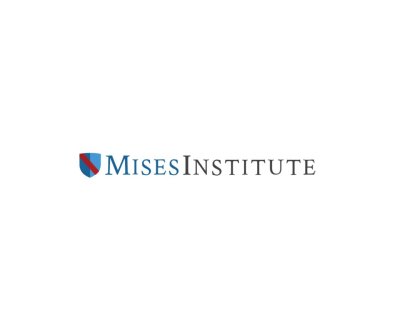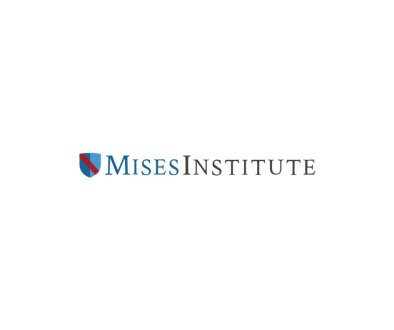Defending Its Speech-Based Deportation Policy, the Trump Administration Says ‘No Such Policy Exists’
During a federal trial in Boston that concluded on Monday, two academic groups, the American Association of University Professors and the Middle East Studies Association, argued that the Trump administration’s policy of deporting international students for expressing anti-Israel views is inconsistent with the First Amendment. The plaintiffs asked U.S. District Judge William Young for a preliminary injunction barring the Trump administration from enforcing its “ideological deportation policy.” The government’s lawyers responded by denying that any such policy exists.
William Kanellis, a Justice Department trial lawyer, likened the plaintiffs in AAUP v. Rubio to Don Quixote, jousting at windmills they mistake for giants. Their case, he said, is based on nothing more than “imagination and creative conjuring.” John Armstrong, who runs the State Department’s Bureau of Consular Affairs, echoed that assessment when he took the stand, saying, “It’s silly to suggest that there’s such a policy.”
That position is pretty audacious in light of the many times that President Donald Trump and his underlings have bragged about seeking to expel students whose pro-Palestinian advocacy they view as antisemitic or pro-Hamas. The government’s gaslighting strategy suggests those officials, despite insisting that this supposedly imaginary initiative has nothing to do with freedom of speech, are not confident that federal courts will agree.
“In public, Defendants have described their policy, defended it, and taken political credit for it,” the plaintiffs note in their pretrial brief. “It is only now that the policy has been challenged that they say, incredibly, that the policy does not actually exist.”
Federal officials “have described the policy at length in official statements made to the public,” the brief adds. “They have implemented the policy in a variety of ways, including: by issuing formal guidance relating to the revocation of visas and green cards; by establishing processes for identifying those engaged in pro-Palestinian advocacy; and by establishing processes for then revoking the visas or green cards of their targets. Defendants have also enforced the policy against potentially hundreds of noncitizen students and faculty, including most prominently Mahmoud Khalil, Rümeysa Öztürk, Mohsen Mahdawi, Yunseo Chung, and Badar Khan Suri.”
Despite all of that, the Trump administration argues that the plaintiffs have brought “a First Amendment challenge to a ‘policy’ of their own creation.” They “do not try to locate this program in any statute, regulation, rule, or directive,” the government complains. “They do not allege that it is written down anywhere. And they do not even try to identify its specific terms and substance. That is all unsurprising, because no such policy exists.”
That probably would be news to Trump, who during his 2024 campaign promised a crackdown that would make foreign students think twice about participating in anti-Israel protests. “One thing I do is, any student that protests, I throw them out of the country,” he told donors in May 2024. “You know, there are a lot of foreign students. As soon as they hear that, they’re going to behave.”
Khalil, a legal permanent resident who had played a conspicuous role in protests at Columbia University, was Trump’s first target. After Khalil was arrested in Manhattan on March 8, Trump described him as “a Radical Foreign Pro-Hamas Student” and promised “this is the first arrest of many to come.” There are “more students” at “Universities Across the Country” who “have engaged in pro-terrorist, anti-Semitic, anti-American activity, and the Trump Administration will not tolerate it,” he said. “We will find, apprehend, and deport these terrorist sympathizers from the country.”
Khalil’s arrest was based on 8 USC 1227, which authorizes the removal of noncitizens when the secretary of state “h
Article from Reason.com

The Reason Magazine website is a go-to destination for libertarians seeking cogent analysis, investigative reporting, and thought-provoking commentary. Championing the principles of individual freedom, limited government, and free markets, the site offers a diverse range of articles, videos, and podcasts that challenge conventional wisdom and advocate for libertarian solutions. Whether you’re interested in politics, culture, or technology, Reason provides a unique lens that prioritizes liberty and rational discourse. It’s an essential resource for those who value critical thinking and nuanced debate in the pursuit of a freer society.



